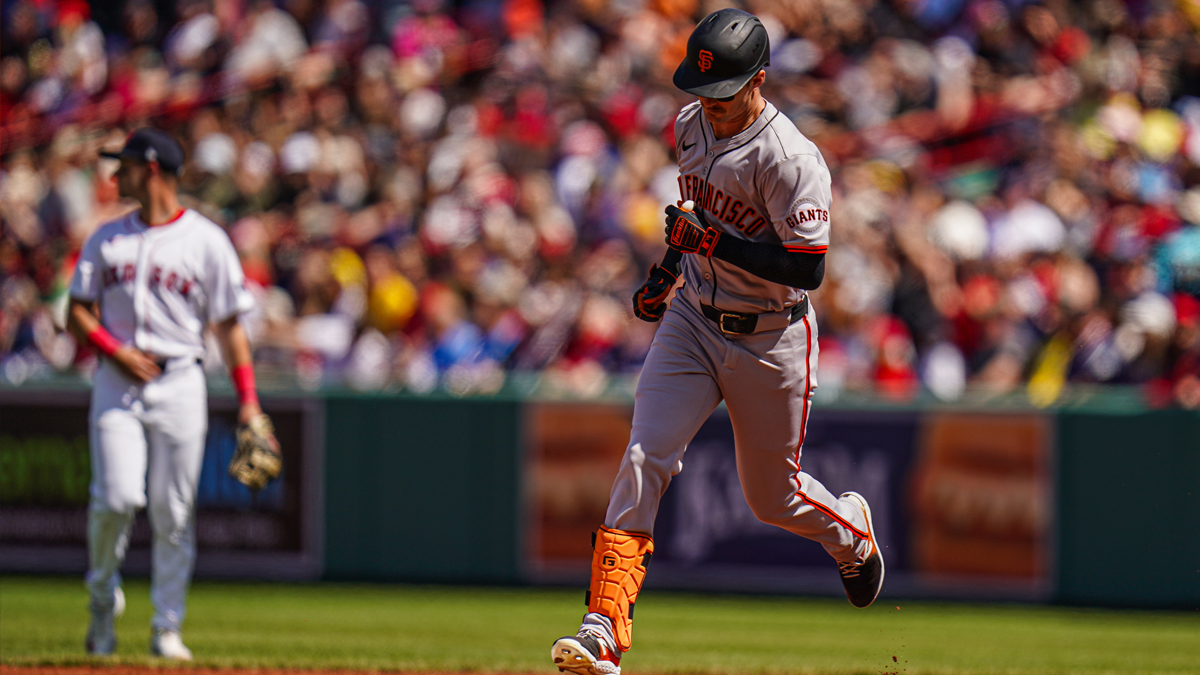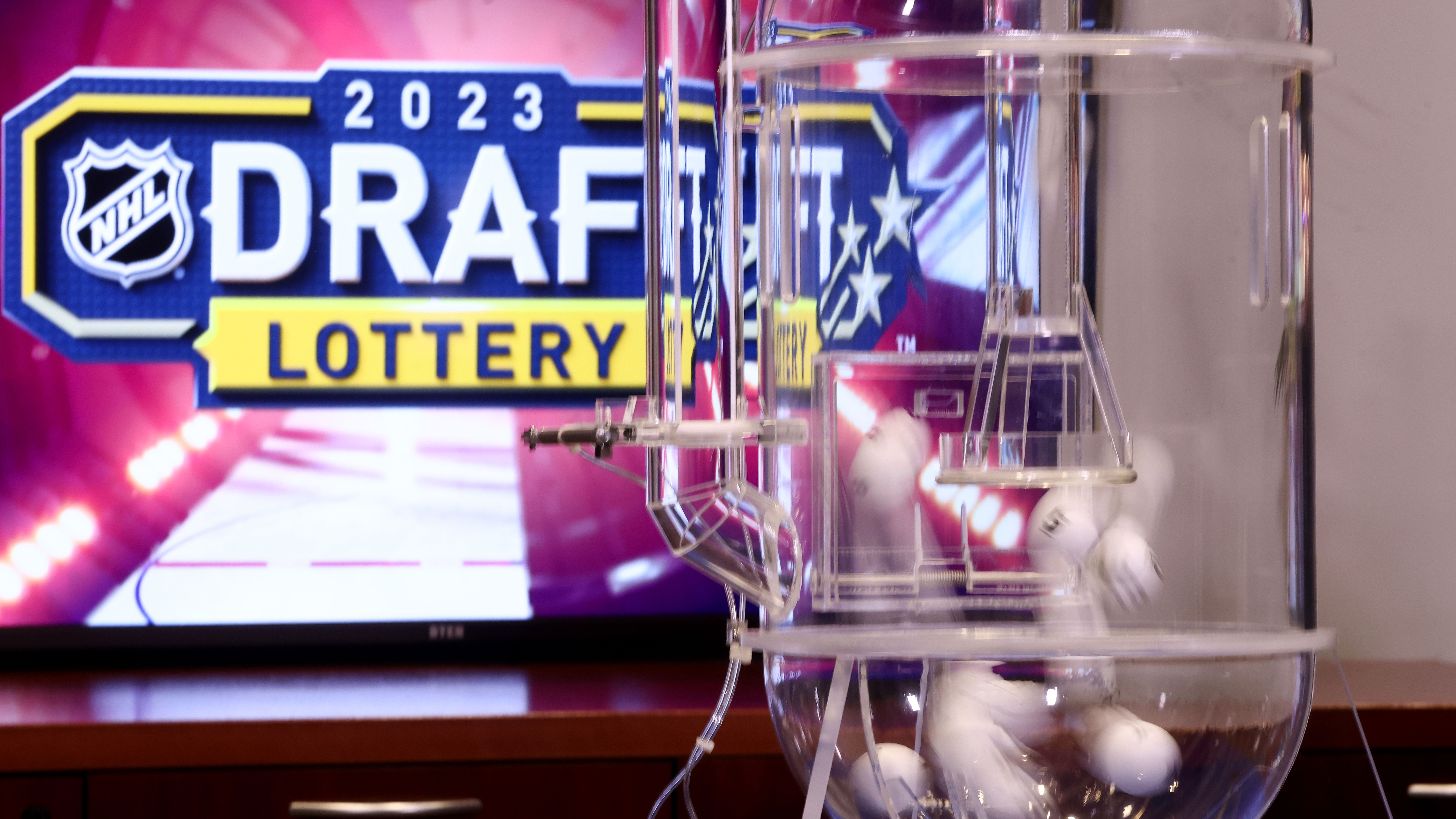The Golden State Warriors are working earnestly to move The Story to the back burner. Not completely off the stove, mind you – just away from the open flame, and away from the easy reach of toddlers like us.
In a day or two, it will work. But the loose ends still need to be stitched together, starting with not getting routed.
The primary, secondary and tertiary stories on l'Affaire Durant/Green have been done, most of the more troubling optics have been cleaned and vetted, and the Warriors are now about convincing you that it's time to move on.
Typically, that happens with an entertaining game with a lopsided score. Thursday, though, all there was, was the lopsided.
The Warriors lost to Houston, 107-86, entirely on merit. By any reasonable analysis, it had next to nothing at all to do with the Durant/Green co-existence narrative, for example, unless the across-the-board stress had a lingering effect unseen to the human eye. The Warriors were an arrhythmic mess from the start, unable to find comfort offensively either at pace or in half-court sets, and though the Rockets weren't exactly dynamic, they didn't have to be. The score properly reflected the tone of the game, if not the national chat.
[RELATED: Don't ask KD about Draymond]
Sports
But if getting beat by 21 wasn't the plan, getting The Story to run out of oxygen was, and with another day or so to let the nation head into the weekend, the Warriors will succeed.
Until the summer, if they're lucky.
It is naïve to think that the issues that clawed (well, clawed, as in excavated, polished and displayed) their way to the surface Monday night and through to Thursday morning no longer exist, or that any mere appearance of potential tension won't be micro-examined. I mean, what other good are we?
But in the end, what we came to realize that the Kevin-Durant-Draymond Green mega-argument isn't about now, but later. It is nuanced, it is confusing, it works on several levels at once and isn't only about Green and Durant at all. As one example, there is the underexplored narrative of Stephen Curry, Diplomat, still to chew on and digest.
But the games have always been this team's refuge and best advertisement, and they have relied upon them in many situations at many times. They just couldn't do it tonight.
For those who needed this to be part of the greater plot, neither Durant nor Green offered much support. They acted, looked and even sat near each other on the bench during time outs as though Monday had never happened. There was no incendiary body language, the time outs went without incident, they even combined for Golden State's first two baskets (both Green to Durant), and in general, basketball happened. Poor, unappealing basketball, true, but basketball nonetheless.
Indeed, when Green said after Thursday's shootaround that his debate with Durant would not derail the Warriors' chase to another title, he was doing a little misdirection himself.
"What you must know is nobody in this organization from a player, not myself, not Kevin, not anybody else, is going to beat us," he said. "So if you're one of them other 29 teams in this league, you've got to beat us. We're not going to beat us. We're going to continue to do what we do. If this only makes Kevin and myself and the rest of my teammates stronger, that's what it's going to do. You think you saw something before, good luck with us now. We're not going to crumble off of an argument."
Well, nobody said the Warriors were going to get beaten in June, or that they were no longer the prohibitive favorite to win another chip. What was said, often and from all directions, was that this spat could affect the shelf life of the dynasty beyond this season, and that much is true. It very well could. It also might not. July is a long way away.
But for this night, the Warriors just got beat, badly, and that they have done before. It wasn't necessarily because they are coming apart, though, but because Stephen Curry is still in civilian clothes and they couldn't run their offense. That happens to the happiest of teams with the deepest bonds and greatest number of commonalities. The internal dynamics may be askew, but they are getting the optics right.
At least most of them, anyway. Losing by 21 is never a good look, but especially not when you're trying to convince people that all is normal and nothing bad will happen.



